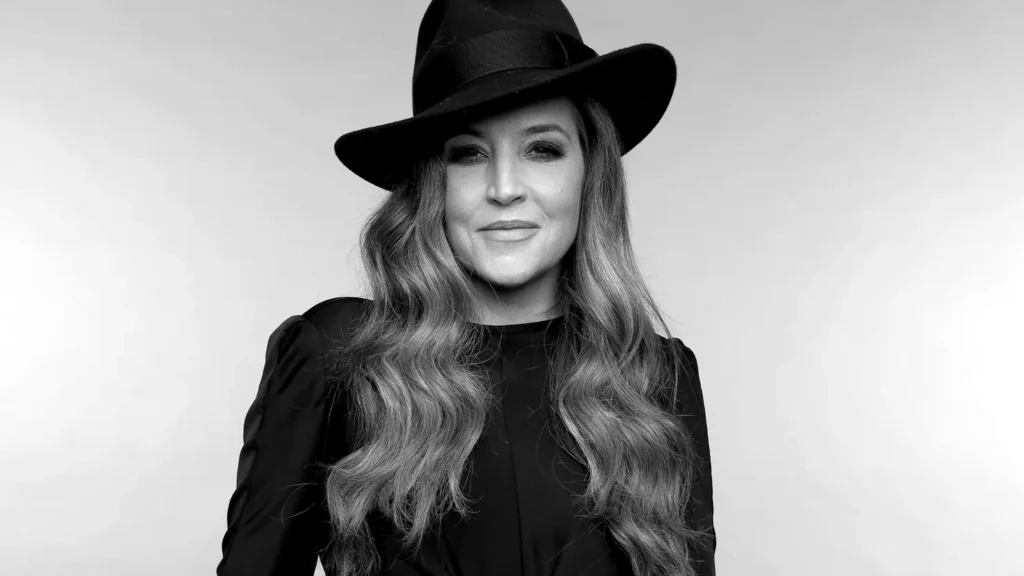The delicate balance between authenticity and artistic interpretation in biographical films can sometimes profoundly affect those intimately connected to the portrayed characters. Such is the case with the portrayal of Elvis Presley in the Priscilla Presley biopic. This cinematic endeavour left Elvis’s daughter, Lisa Marie Presley, feeling troubled before her untimely death. This article delves into the reasons behind Lisa Marie’s disquiet and the complex dynamics surrounding the cinematic portrayal of her iconic father.
The recent passing of Lisa Marie Presley sent shockwaves through the music world, reigniting the flame of Elvis’s legacy and casting a spotlight on the intricate dynamics within the Presley family. Among the controversies surrounding Lisa Marie’s life, a specific one resurfaced: her reported discomfort with the portrayal of Elvis in her mother Priscilla’s 1982 memoir, “Elvis and Me.”
The Priscilla Biopic:
While the book offered a glimpse into the private life of the King of Rock and Roll, it also painted a complex and sometimes unflattering portrait of Elvis as a troubled individual. This portrayal, according to some reports, deeply affected Lisa Marie, who felt it misrepresented her father and painted an incomplete picture of their relationship.

Here are some of the critical aspects of the Elvis portrayal in Priscilla’s book that reportedly troubled Lisa Marie:
Focus on Elvis’s struggles:
The book delved into Elvis’s drug use, infidelity, and volatile temper, aspects that Lisa Marie might have preferred to remain private or at least contextualized within the immense pressure and scrutiny Elvis faced.
Lack of emphasis on his positive qualities:
While the book acknowledged Elvis’s talent and charisma, it allegedly downplayed his role as a loving and devoted father to Lisa Marie. This could have left her feeling like her perspective was missing.
Impact on Lisa Marie:
Some critics have argued that the book sensationalized certain aspects of Elvis’s life for commercial gain, which could have upset Lisa Marie, who fiercely protected her father’s image.
It’s important to note that these are just interpretations, and the true extent of Lisa Marie’s feelings towards the book remains unknown.
However, it’s clear that the portrayal of Elvis in “Elvis and Me” added another layer of complexity to the intricate relationship between Lisa Marie and her parents.
Beyond the specific portrayal of Elvis, the book itself represented a public airing of private family matters, something that Lisa Marie might have found uncomfortable and intrusive. As a child of such famous parents, navigating the public eye and protecting her privacy was likely a constant challenge for her.
Legacy and Protecting Personal Memories:
Ultimately, the controversy surrounding the Elvis portrayal in Priscilla’s book serves as a reminder of the complexities of family dynamics, especially when fame and public scrutiny are involved. It also highlights the importance of respecting the privacy of individuals, particularly those who have lost loved ones.
Conclusion:
Instead of dwelling on the negative aspects of the book, perhaps it’s time to remember Lisa Marie for her contributions to music and her dedication to her family. By focusing on her legacy, we can honour her memory while respecting the privacy of those she loved.
